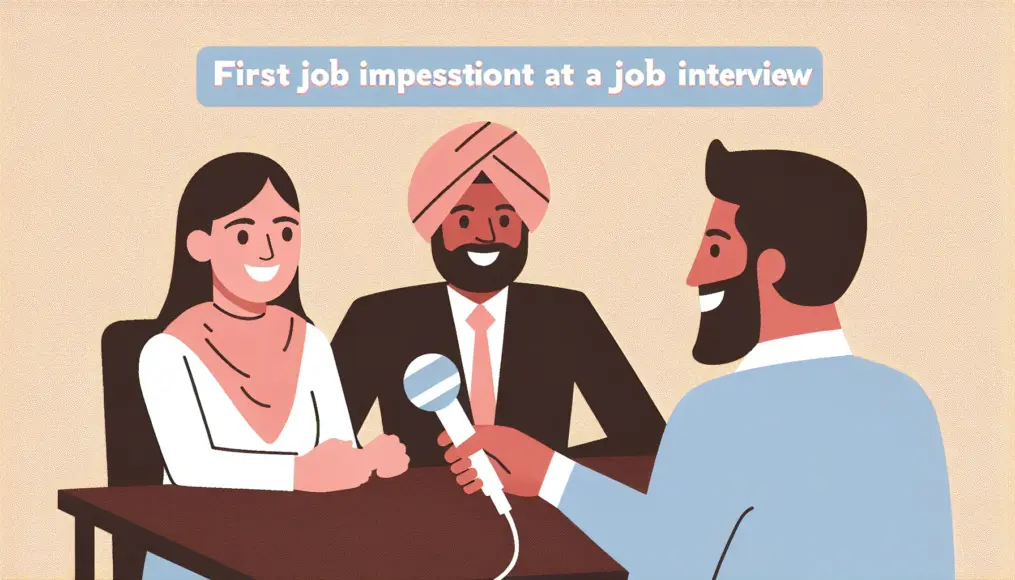When considering your career after dropping out, knowing how to write a resume becomes crucial. Specifically, how you communicate your reason for leaving school can significantly influence the impression you make on hiring managers. It’s essential to effectively highlight your experiences and skills in a way that creates a positive impact.
In this article, we’ll outline specific steps to help you create a compelling resume post-dropout. By understanding the art of resume writing, you’ll be able to apply with confidence.
- How to Communicate Your Reasons for Leaving School Positively
- Making the Most of Part-Time Jobs and Internships
- Key Points for Transitioning to a Different Industry
Crafting Your Resume After Dropping Out
If you’ve experienced dropping out of school, writing your resume requires some special consideration. Clearly explaining your reasons for leaving and presenting a positive self-promotion can help make a good impression on hiring managers. Here are some key points to keep in mind when creating your resume.
How to Explain Your Reasons for Dropping Out
The reason for dropping out is a particularly important part of your resume. It’s essential to express this in a way that doesn’t leave a negative impression. For instance, you might explain that you reassessed your academic direction and decided to pursue a different career path. This approach can help frame your decision positively.
Additionally, it’s crucial to highlight the experiences and lessons you’ve gained since leaving school. By detailing how this period contributed to your personal growth, you can leave hiring managers with a positive impression.
- Express your reasons for leaving positively
- Highlight experiences that contributed to personal growth
- Find ways to avoid negative impressions
Tips for Positive Self-Promotion
Self-promotion on your resume is a vital part of showcasing your strengths and skills. It’s important to communicate how you’ve grown since dropping out. For example, you could emphasize skills and relationships gained through part-time jobs or volunteer activities during this time.
Furthermore, discussing the new career path you aim to pursue after dropping out can illustrate your future vision. By conveying that you have specific goals, you can enhance the trust hiring managers have in you. For more detailed information on how to reflect your post-dropout work history and experiences on your resume, check out How to Write Your Job History After Leaving a Job: Tips for Success.
- Highlight your strengths and skills
- Leverage part-time and volunteer experiences
- Clearly communicate your future vision
Strategies for Those with Limited Work Experience
Crafting a resume after leaving school can be particularly challenging if you have limited work experience. However, you can effectively showcase your skills and experiences gained through part-time jobs or internships to impress hiring managers. Here are some practical strategies to enhance your resume.
Leveraging Part-Time and Internship Experiences
When your work experience is limited, it’s essential to actively include your part-time job and internship experiences on your resume. Be specific about the tasks you handled and the skills you developed. By doing this, you can highlight your abilities that are relevant to the job.
Additionally, it’s effective to emphasize what you learned during your part-time jobs or internships. By showcasing skills like teamwork and communication, which are highly valued in the workplace, you can create a more favorable impression. Furthermore, learning how to boost your professional value through self-analysis can also be beneficial in crafting your resume.
- Clearly outline the responsibilities of your part-time jobs or internships
- Highlight the skills you have acquired
- Emphasize what you learned
Presenting Your Skills
Even without direct work experience, you can effectively convey your skills on your resume. It’s especially important to engage in self-analysis to clarify your strengths. For instance, skills such as computer proficiency or language abilities can be powerful selling points when presented with specific metrics.
Moreover, including hobbies or special talents on your resume can help you stand out. If you have skills in areas like programming or design, make sure to showcase those. This way, you can leave a strong impression on hiring managers about your potential.
- Quantify your skills with specific metrics
- Highlight your hobbies and unique talents
- Conduct thorough self-analysis
Crafting a Resume for Your Career Change
Many individuals contemplate a career switch after leaving school. When venturing into a new industry, how you present yourself on your resume becomes incredibly important. Effectively showcasing your experiences and skills is the key to success.
Highlighting Your Transferable Skills
If you’re aiming to transition into a different field, it’s essential to clearly demonstrate how your existing skills and experiences can be beneficial in your new role. For instance, communication skills and problem-solving abilities are highly valued across all industries. Be sure to illustrate these skills with specific anecdotes from your previous jobs to make your case stronger.
Additionally, it’s crucial to explain why you’re interested in the new industry. Conveying your enthusiasm and what you’re eager to learn can leave a positive impression on hiring managers.
- Clearly detail your skills and experiences
- Emphasize your communication and problem-solving skills
- Share your reasons for interest in the industry
Clarifying Your Career Goals
When pursuing a career change, it’s vital to have a clear vision of your career goals. Think specifically about the skills you want to acquire and the career path you wish to follow, and reflect this in your resume. This approach can convey your seriousness about your objectives to potential employers.
Moreover, demonstrating the efforts you’re making for self-improvement based on your career plan can be effective. For example, mentioning any relevant certifications you’ve obtained or ongoing studies can showcase your commitment and eagerness to grow. For insights on successful career transitions, check out the article on Career Changes After 30: Steps and Mindset for Success.
- Clearly outline your career goals
- Convey your seriousness about your objectives
- Demonstrate your efforts for self-improvement
Preparing for Interview Questions
If you’re heading into an interview after dropping out of school, there’s a good chance you’ll be asked about your decision to leave. Being prepared to tackle this question can help you approach the interview with confidence. It’s essential to have a thoughtful response ready and to convey a positive outlook.
How to Explain Your Reasons for Dropping Out
When asked about your reasons for leaving school, honesty is key, but be mindful to avoid leaving a negative impression. For instance, you might explain that you chose to drop out in order to discover the right path for yourself. This framing allows you to present your decision in a positive light and highlight how it contributed to your personal growth.
Additionally, discussing the experiences you’ve gained since leaving school can effectively communicate your development to the interviewer. Share specific anecdotes that showcase how you’ve enhanced your skills. For more tips on interview preparation, check out the guide on Ace Your Interview: Understanding the Intent Behind Questions.
- Be honest about your reasons for dropping out
- Find ways to avoid a negative impression
- Discuss your experiences after leaving school in detail
Tips for Demonstrating a Positive Attitude
After explaining your reasons for dropping out, it’s crucial to showcase a positive attitude during the interview. For example, talk about the new skills and experiences you’ve gained and how you can leverage them to contribute to the company. Additionally, touching on your future goals and career plans can help illustrate your vision for what lies ahead.
Moreover, sharing specific examples of how you’ve overcome challenges can highlight your problem-solving abilities and eagerness to grow. This approach can leave a strong impression on the interviewer regarding your potential.
- Discuss how to utilize skills and experiences gained after dropping out
- Share your future goals and career plans
- Provide specific examples of overcoming challenges
Conclusion
Crafting a resume after leaving school requires a bit of special consideration. By effectively explaining your reasons for leaving, showcasing your part-time job or internship experiences, and focusing on key points, you can leave a more positive impression. It’s also crucial to clarify your career plans and demonstrate a proactive attitude.
Use this article as a guide to find the resume style that fits you best. Let’s get you prepared to walk into that interview with confidence!
- Explain your reasons for leaving positively
- Leverage your part-time job or internship experiences
- Clearly communicate your career plans
Take that next step toward your future career. We’d love to hear your experiences and thoughts in the comments!



Comment